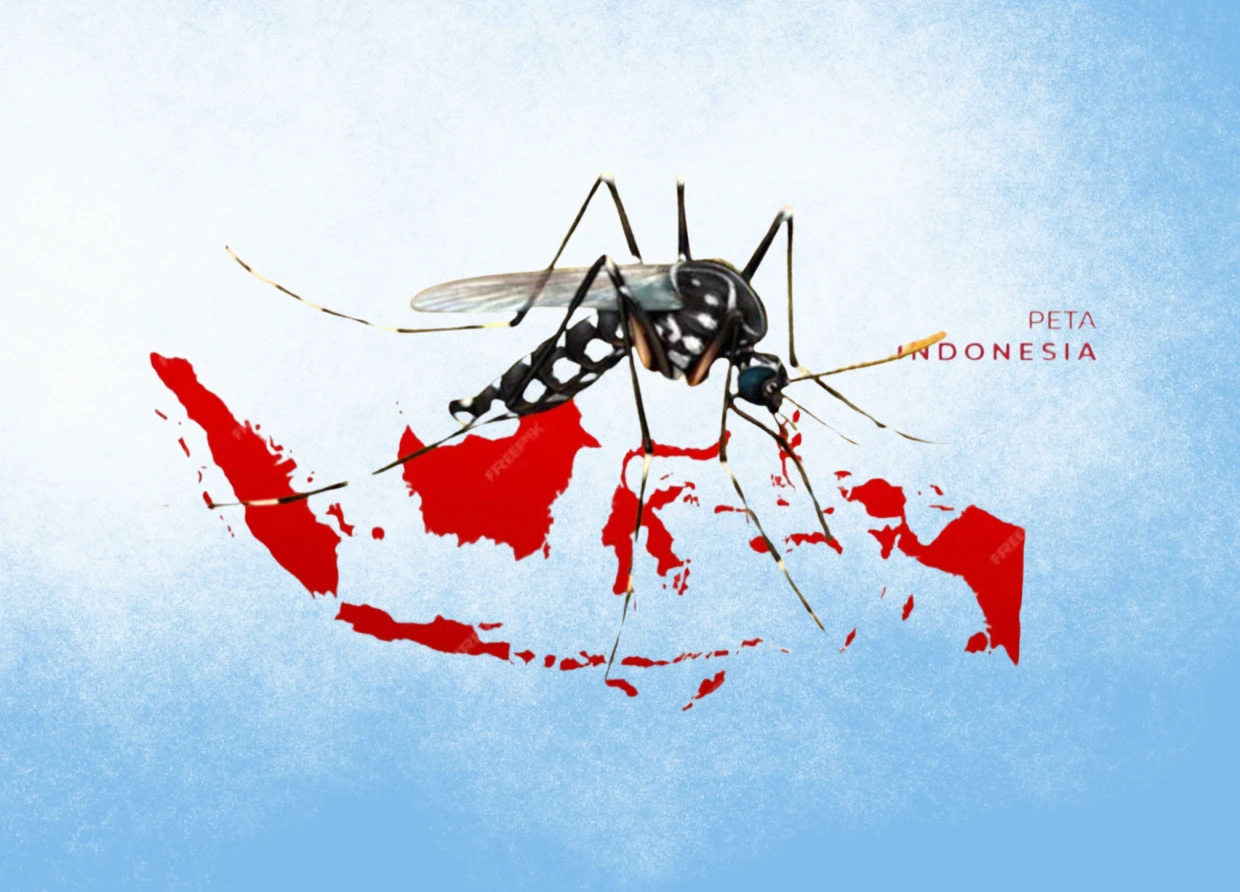BREAKTHROUGH IN DENGUE CONTROL: WOLBACHIA INTERVENTION PROVEN EFFECTIVE IN INDONESIA
Community Engagement and Stakeholder Support Vital for the Success of Wolbachia Intervention

In the ongoing battle against dengue fever in Indonesia, the government's efforts have faced challenges in curbing the spread of the disease. Despite various initiatives, Dengue Hemorrhagic Fever (DHF) remains a serious health concern in several regions. As a complementary measure to the existing Dengue control programs, the government has implemented Wolbachia intervention, which has sparked both support and opposition from the public.
The Indonesian Medical Association (Ikatan Dokter Indonesia or IDI) has come forward to allay concerns about the risks associated with Wolbachia intervention. The PB IDI emphasizes that the benefits of using Wolbachia to control Dengue far outweigh any potential risks. Extensive research conducted in Yogyakarta has provided compelling scientific evidence, demonstrating a remarkable 77 percent reduction in Dengue cases through Wolbachia intervention.
It is crucial to note that addressing Dengue is not a singular strategy but a multisectoral one. Managing Dengue requires not only upstream efforts to eliminate mosquitoes or control vectors but also a reinforcement of awareness within communities.
Wolbachia serves as a method to combat the Dengue virus within mosquito populations. This approach utilizes the natural bacterium Wolbachia, which resides within insect cells and can be passed down from one generation to the next through insect eggs. This bacterium is naturally found in 60 percent of insect species, including fruit flies, moths, dragonflies, and butterflies.
The reproductive mechanism involves mating between a Wolbachia-infected male insect and a female without Wolbachia, resulting in non-hatching eggs. Conversely, if the female insect carries Wolbachia and the male does not, the eggs will hatch, and all offspring will carry Wolbachia.
Importantly, Wolbachia intervention is not genetic engineering; rather, it involves introducing a natural bacterium found in insect bodies. When this bacterium is introduced into Aedes aegypti mosquito eggs, it inhibits the development of the Dengue virus. As a result, when these mosquitoes bite humans, the virus does not transfer. Wolbachia-carrying mosquitoes are indistinguishable from their natural counterparts.
Professor Dr. Adi Utarini and Dr. Riris Andono Ahmad, both professors at Gadjah Mada University and researchers in the Wolbachia mosquito study in Yogyakarta, affirm that this intervention is safe for humans, animals, and the environment. Wolbachia cannot survive in the human body as it is a natural bacterium in insects and dies outside their bodies.
Compared to traditional Dengue control methods like fogging, Wolbachia intervention is seen as a more effective and sustainable approach. This technology provides long-term community protection against the Dengue virus without increasing mosquito resistance. The Ministry of Health's policy is grounded in risk analysis, the best scientific evidence, recommendations from AIPI, and WHO VCAG.
To achieve success in the Dengue control program, the implementation of Wolbachia intervention requires strong support from stakeholders and acceptance within the community. With ongoing efforts and scientific backing, Indonesia is making strides in its fight against Dengue Hemorrhagic Fever.
#THE S MEDIA #Media Milenial #Dengue Fever #Wolbachia Intervention #Health Crisis #Mosquito-Borne Diseases #Disease Control Programs #Public Health Initiatives #Community Engagement #Stakeholder Support #Scientific Research #AIPI Recommendations #WHO VCAG #Ministry of Health Policy #Vector Control #Infectious Diseases #Yogyakarta Study #Disease Prevention #Dengue Virus #Health Awareness #Multisectoral Strategy #Epidemic Response #Sustainable Solutions


























